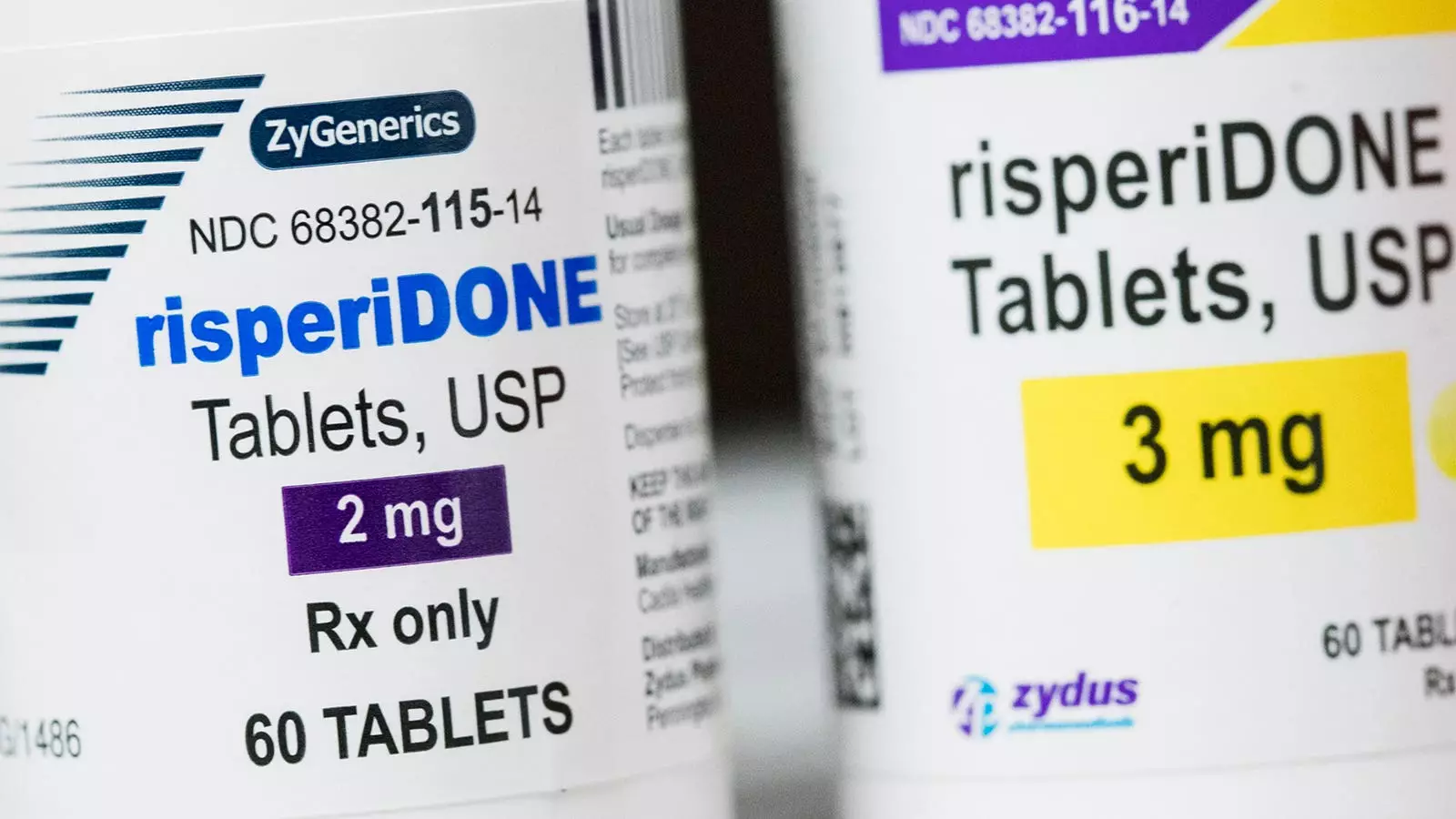A recent population-based matched cohort study conducted in the U.K. revealed that the use of antipsychotics in dementia patients is associated with a wider range of adverse outcomes than previously recognized. The study, which included over 170,000 adults with dementia, found that those prescribed antipsychotics were more than twice as likely to be diagnosed with pneumonia within 90 days compared to non-users. Additionally, increases in risk were observed for several other adverse outcomes, including acute kidney injury, venous thromboembolism (VTE), stroke, fracture, myocardial infarction, and heart failure.
Lead researcher Pearl Mok, PhD, emphasized the importance of considering the risks of antipsychotic use before prescribing these medications to individuals with dementia. Despite ongoing concerns about the safety of antipsychotics in this population, these drugs are still commonly used to manage behavioral and psychological symptoms. Mok highlighted that the efficacy of antipsychotics for treating these symptoms is limited. In the United States, certain antipsychotics, such as risperidone, have black box warnings due to an increased risk of death when used to treat dementia-related psychosis.
According to an editorial accompanying the study, the findings provide healthcare professionals with more nuanced data to guide personalized treatment decisions for dementia patients. The study underscores the necessity of weighing the benefits of antipsychotic treatment against the broader range of serious harms now recognized. Healthcare providers are encouraged to carefully justify the use of antipsychotics in dementia care and explore alternative non-drug interventions whenever possible.
The study collected data from electronic health records on dementia patients in the U.K. from 1998 to 2018, with a majority being women and having a mean age of 82 years. Among the patients included, over 35,000 were prescribed antipsychotic drugs during the study period. Risperidone and quetiapine were the most commonly prescribed antipsychotics, followed by haloperidol and olanzapine. The highest risk of adverse outcomes was observed in the first week after initiating antipsychotic treatment, including increased risks for stroke, acute kidney injury, and heart failure. Notably, risks were higher for haloperidol compared to quetiapine for certain outcomes, such as pneumonia and VTE.
Despite the valuable insights provided by the study, it is important to acknowledge its limitations. The observational nature of the study and the potential for residual confounders may have impacted the results. Moving forward, there is a need for additional research to further explore the risks associated with antipsychotic use in dementia patients and to identify effective nonpharmacological treatment alternatives for managing behavioral and psychological symptoms.
The study sheds light on the expanded risks associated with the use of antipsychotics in dementia patients and emphasizes the importance of carefully evaluating the potential harms before initiating treatment. Healthcare professionals are urged to prioritize patient safety and consider the broader range of adverse outcomes associated with antipsychotic use in this vulnerable population.


Leave a Reply